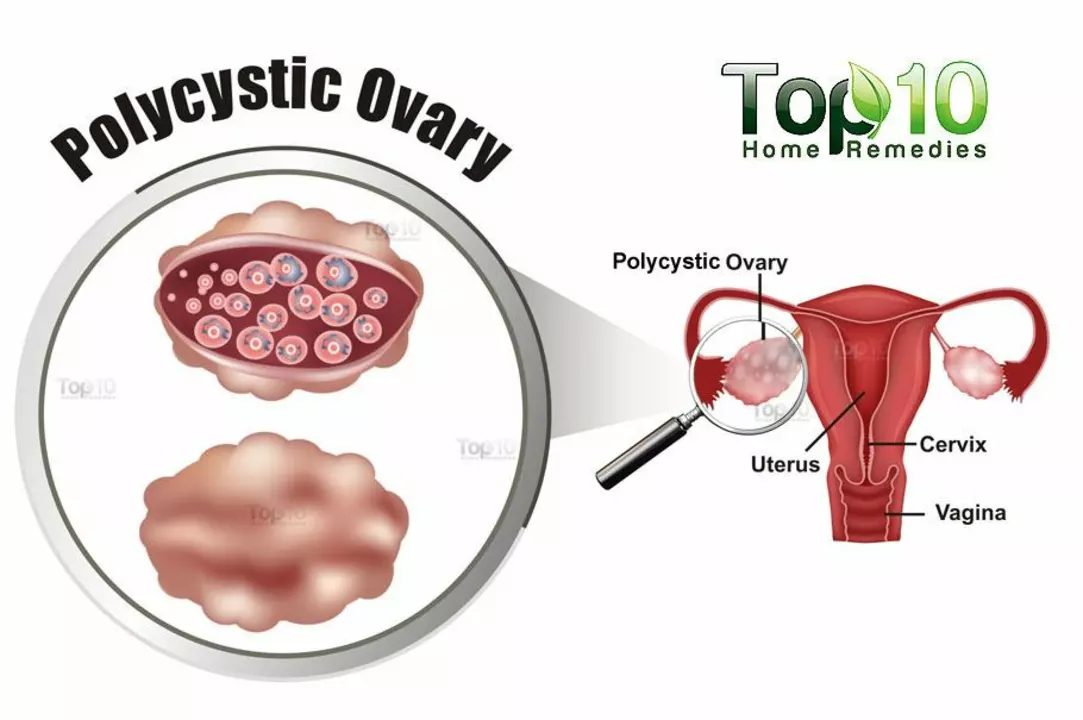Fertility – What You Need to Know About Meds, Supplements & Lifestyle
Did you know about one in eight couples faces infertility? It’s more common than most people think, and the good news is there are plenty of tools that can help. Whether you’re just starting to look into options or you’ve already talked to a doctor, this page gives you straight‑forward info you can use right now.
Common Fertility Medications and How They Work
The first line of treatment often involves oral pills that trigger ovulation. Clomiphene (Clomid) is the classic starter – it blocks estrogen receptors so your brain thinks hormone levels are low, which then releases more follicle‑stimulating hormone. Letrozole works a similar way but cuts estrogen production directly, and many people find it gentler on the body.
If oral meds don’t do the trick, doctors may prescribe injectable gonadotropins like FSH or hMG. These hormones act straight on the ovaries to grow multiple follicles at once. They’re powerful, so monitoring through ultrasounds is a must. Side effects can include mood swings, bloating, and in rare cases ovarian hyperstimulation – that’s why close supervision matters.
For men, medications such as clomiphene or letrozole can boost testosterone production, while gonadotropin injections may improve sperm count. Always check the dosage guidelines on a trusted pharmacy site before ordering online, and verify the seller’s credentials.
Supplements & Lifestyle Hacks That Can Help
Vitamins alone won’t replace medical treatment, but they can create a better environment for conception. Folic acid is a must – 400‑800 µg daily reduces neural tube defects and supports egg health. Vitamin D deficiency has been linked to lower success rates, so a simple blood test can tell you if a supplement is needed.
Omega‑3 fatty acids from fish oil improve blood flow to the reproductive organs. A handful of walnuts or a daily capsule can make a difference. Some couples swear by zinc and selenium for better sperm quality; the doses are low, so follow the label closely.
Lifestyle tweaks matter too. Maintaining a healthy weight (BMI 18‑25) balances hormone levels. Smoking and heavy alcohol use drop fertility odds dramatically – cutting back is worth the effort. Stress isn’t just a buzzword; cortisol can interfere with ovulation, so try short daily walks, breathing exercises, or yoga.
Timing intercourse around your fertile window boosts chances without extra tech. Track basal body temperature each morning and look for the slight rise that signals ovulation. Many apps help map this pattern, but a simple thermometer works just fine.
If you decide to buy any fertility medication online, use sites that require a prescription and show clear pharmacy credentials. Our guides break down how to spot legit sellers, what red flags to watch for, and the safest ways to get your meds delivered.
Ready to explore specific drugs or supplement combos? Browse our detailed articles on clomiphene, letrozole, FSH injections, and more. We keep the info up‑to‑date so you can make confident choices without wading through jargon.

How Paget's Disease Affects Fertility and Pregnancy
- Nov, 18 2025
- 14
Paget's disease can affect fertility and pregnancy through bone changes in the pelvis and spine. Learn how it impacts conception, pregnancy risks, delivery options, and what steps to take before and during pregnancy.

The Impact of Premature Ejaculation on Fertility and Conception: What Couples Need to Know
- Jul, 16 2023
- 11
Premature ejaculation (PE) can significantly affect a couple's ability to conceive. It's not just about the emotional toll it takes on both partners, but also the physical implications it has on fertilization. While PE doesn't directly cause infertility, it can make natural conception challenging due to insufficient sperm reaching the cervix. It's crucial for couples to understand this and seek appropriate medical help if they're struggling to conceive. Remember, open communication and a proactive approach can make a world of difference in your journey to parenthood.

The Relationship Between Fertility and Polycystic Ovary Syndrome (PCOS)
- Jun, 2 2023
- 16
As someone who has been researching PCOS, I've discovered that this hormonal disorder can have a significant impact on a woman's fertility. It's estimated that nearly one in ten women of childbearing age are affected by PCOS, making it a common cause of infertility. The hormonal imbalances associated with PCOS often lead to infrequent or absent ovulation, making it difficult for women to conceive. Furthermore, PCOS can also increase the risk of miscarriage and other pregnancy complications. It's crucial for women with PCOS to work closely with their healthcare providers to manage their symptoms and increase their chances of a successful pregnancy.
Categories
- Health and Medicine (65)
- Health and Wellness (57)
- Medicine (37)
- Women's Health (11)
- Mental Health (10)
- Men's Health (7)
- Beauty and Wellness (4)
- Health Information (4)
Archives
- March 2026 (1)
- February 2026 (11)
- January 2026 (25)
- December 2025 (28)
- November 2025 (25)
- October 2025 (27)
- September 2025 (14)
- August 2025 (3)
- July 2025 (2)
- June 2025 (2)
- May 2025 (3)
- April 2025 (4)
- online pharmacy
- medication safety
- dietary supplement
- health benefits
- dietary supplements
- generic drugs
- prevention
- fertility
- online pharmacy Australia
- side effects
- QT prolongation
- medication side effects
- diabetes medications
- GLP-1 agonists
- nocebo effect
- brand vs generic
- treatment
- treatment options
- benefits
- connection
